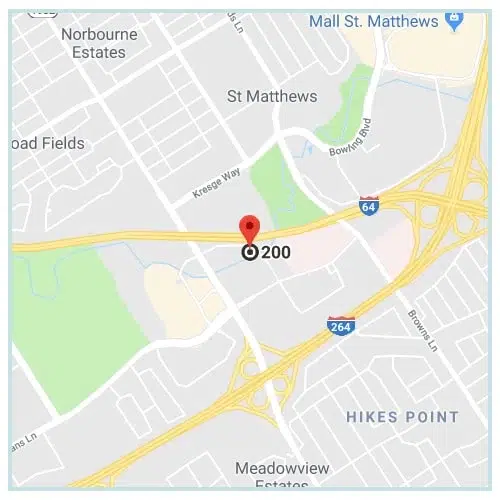If you are left with something in a will, you are called a beneficiary. You can expect to be contacted by the solicitor dealing with the case, and he will let you know what you have received and when you should receive it. According to Beyond, he may not know how much you will receive until he finds out what property and debts are involved.
You are not automatically entitled to a copy of the will. The executor is the person whose job it is to carry out the terms of the will. And it is the exact executor who decides whether you will get a copy of the will or not. Eventually, the will becomes a public document, and at that stage anyone could get a copy of it. You will be asked for your PPS number and whether you have received an inheritance before. This is all for tax purposes. Some states are more complex than others, so it is not possible to say how long it will take to administer an estate.
An executor is allowed one year before anybody can take action against him for not doing his job. You may be entitled as a beneficiary to a proportion of the residue of an estate under the will. This is what is left after all other payments have been made. If you are such a beneficiary, you are entitled to see the executor’s account, and this sets out how your benefit was calculated. You may also be a beneficiary in an estate where there is no will. Your share is decided by law and is dependent on your relationship to the person who has died.



